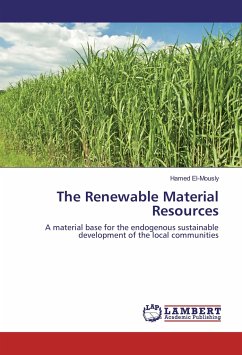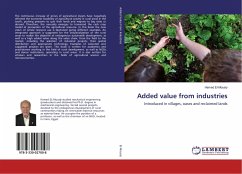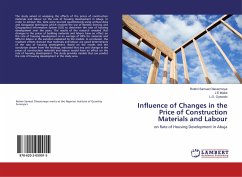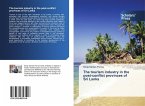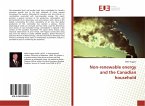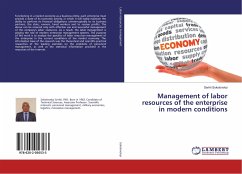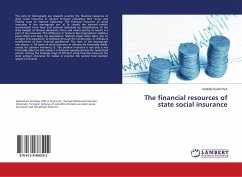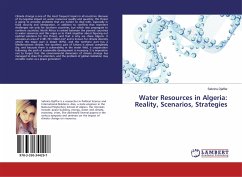The renewable material resources are cheap and annually available in the rural areas in the South. The cultural and technical heritage, associated with the use of these resources expresses the endogenous creativity of the populace in the local communities in the South. There is a harsh need to empower the local communities, so that they could rediscover their own resources as a material base to create their own culturally specific sustainable patterns of production and consumption. Thus, the countries in the South could develop their own routes of modernization and become participants in shaping the future of mankind. Examples are given on how selected inputs of science and technology may have a role in finding new avenues of utilization of renewable material resources for the satisfaction of basic needs of populace and the dissemination of the SMEs, tuned to local communities. This book is written for academics and practitioners working in the field of rural development as well as NGOs and donor institutions, operating in rural areas. It is also written for scholars and researchers in the fields of renewable material resources, agricultural science and microeconomics.

